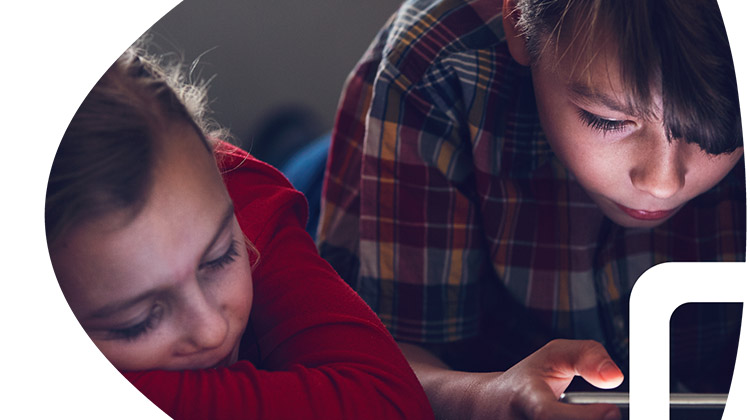A safe social media network for young people

A new Australian-made social media network, DiGii Social, uses innovative technology to educate children on the dangers of posting inappropriate content online.
Founded by Child Therapist Claire Orange from Leeming, WA, DiGii Social utilises artificial intelligence technology to flag potentially inappropriate content and issues a ‘strike’ to the child whilst displaying a message outlining the issue detected. In the event a child accrues 3 strikes, they are required to complete an educational tutorial prior to having their posing privileges restored.
Motivated by the loss of a 14-year-old boy to suicide who was found to have received 2500 abusive messages sent over a 48 hour campaign, Claire is committed to the success of DiGii Social and urges parents to be vigilant.
The program has already been trialled in 35 schools across 4 countries including Perth College in Western Australia and The Cathedral School in Queensland.
A 2018 NetClean report identified an alarming increase in the number of child sexual abuse images where no obvious abuser is present. This kind of self-generated child sexual abuse material (SG-CSAM) is predominantly voluntarily produced by victims, demonstrating a very real need for programs like DiGii Social that target the behaviour of children online. The AI technology utilised by DiGii Social has the capacity to detect images that may be of concern.
At a cost of just $25.00 per student, the roll out of DiGii Social amongst Year 5 and 6 students has been estimated to cost less than $2,000.00 per school. The program has received positive feedback from educators.
The eSafety Commissioner has found that 33 per cent of Australian young people have received unwanted contact/content whilst using social media, with 50 per cent of girls having to block or unfriend other accounts. DiGii Social is only accessible via the school's network and no identifiable information is stored on the system.